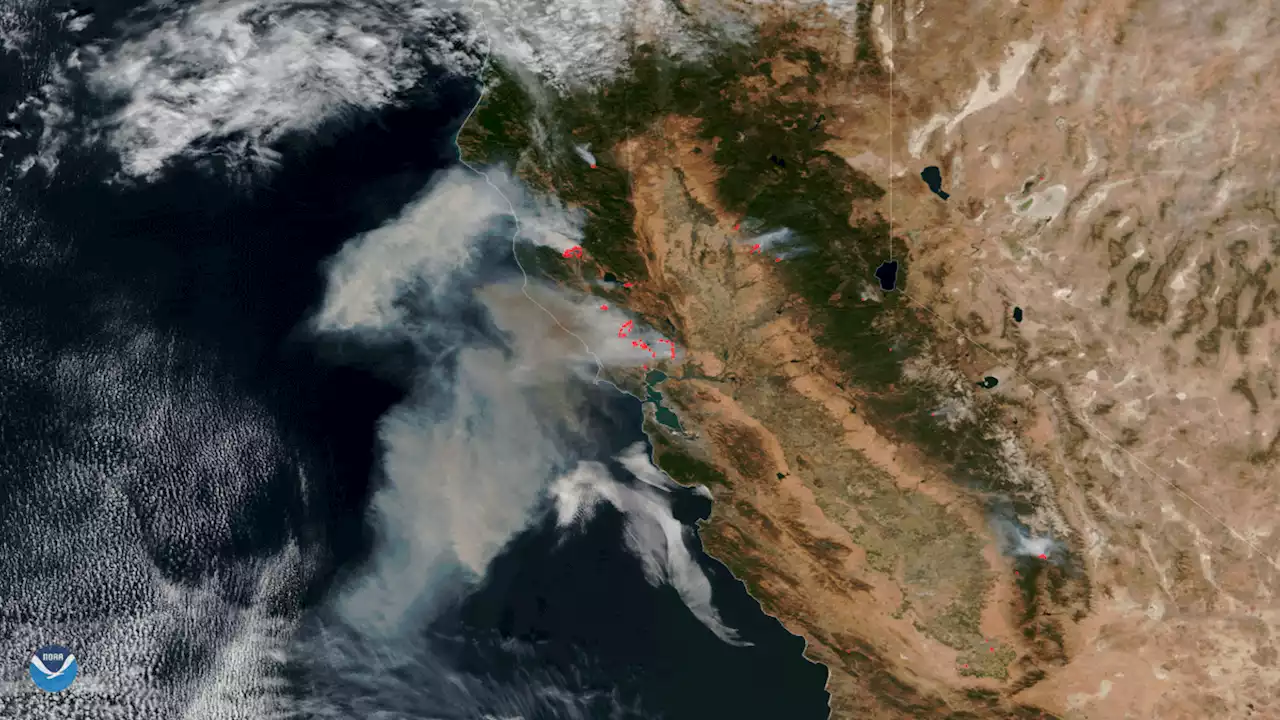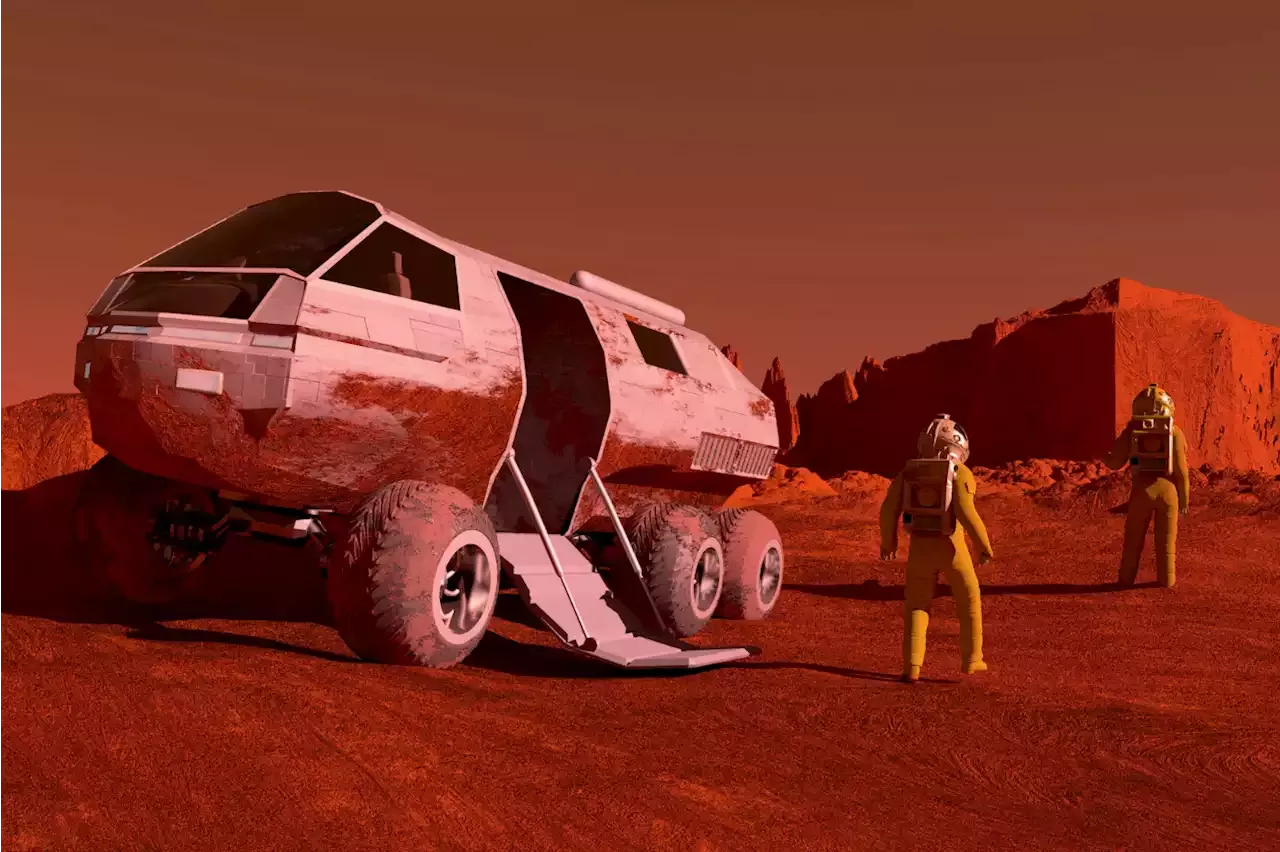If you have a winning idea about how to make the multi-year trip more self-sufficient, NASA wants to give you $1,000.
After humans successfully landed on the moon in 1969, many expected a trip to Mars would be close behind. Seeing the first humans walk on the moon was indeed exciting, but over time both public interest and funding for space missions were slashed and dreams of visiting the Red Planet dimmed. While NASA has launched some exciting missions in recent decades, it’s been more than half a century sinceThat may soon change, however.
The challenge is divided into four categories: trash, fecal waste, foam packaging material and carbon dioxide processing. Each category will offer multiple $1,000 prizes. In addition, four ideas will be judged as “Best in Class.” Each Best in Class winner will also take home $1,000. The total prize money awarded will be $24,000.
Anyone 18 years or older is eligible, as are participants from any country, so long as U.S. federal sanctions do not prohibit participation. Participants can enter as individuals or as a team. If you have a great idea, you can find out more details about the challenge atThis isn’t the first time NASA has sought the public’s help to come up with creative solutions for space missions.
United States Latest News, United States Headlines
Similar News:You can also read news stories similar to this one that we have collected from other news sources.
 NASA: ‘Citizen scientists’ spot Jupiter-like planetNASA is crediting so-called “citizen scientists” with helping to make a huge discovery in space. The agency said the citizen scientists collaborated with professional astronomers to discover a planet that’s about the same size as Jupiter.
NASA: ‘Citizen scientists’ spot Jupiter-like planetNASA is crediting so-called “citizen scientists” with helping to make a huge discovery in space. The agency said the citizen scientists collaborated with professional astronomers to discover a planet that’s about the same size as Jupiter.
Read more »
 NASA: ‘Citizen scientists’ spot Jupiter-like planetNASA said “citizen scientists” used its data to spot a new planet that’s about the same size as Jupiter.
NASA: ‘Citizen scientists’ spot Jupiter-like planetNASA said “citizen scientists” used its data to spot a new planet that’s about the same size as Jupiter.
Read more »
 A Brilliant NASA Scientist Who Enhanced Astronaut Health, John B. Charles, Has DiedA brilliant NASA scientist has died at 66 years old! While he'll be missed, his contribution to astronaut operations, training, and more, were grand.
A Brilliant NASA Scientist Who Enhanced Astronaut Health, John B. Charles, Has DiedA brilliant NASA scientist has died at 66 years old! While he'll be missed, his contribution to astronaut operations, training, and more, were grand.
Read more »
 NOAA and NASA are Looking at Societal Impacts of Earth Data.NOAA’s Earth-observing data play an integral role in our everyday lives. However, there is still a huge potential to improve how we understand, value, and use this information. To learn more, please visit:
NOAA and NASA are Looking at Societal Impacts of Earth Data.NOAA’s Earth-observing data play an integral role in our everyday lives. However, there is still a huge potential to improve how we understand, value, and use this information. To learn more, please visit:
Read more »
